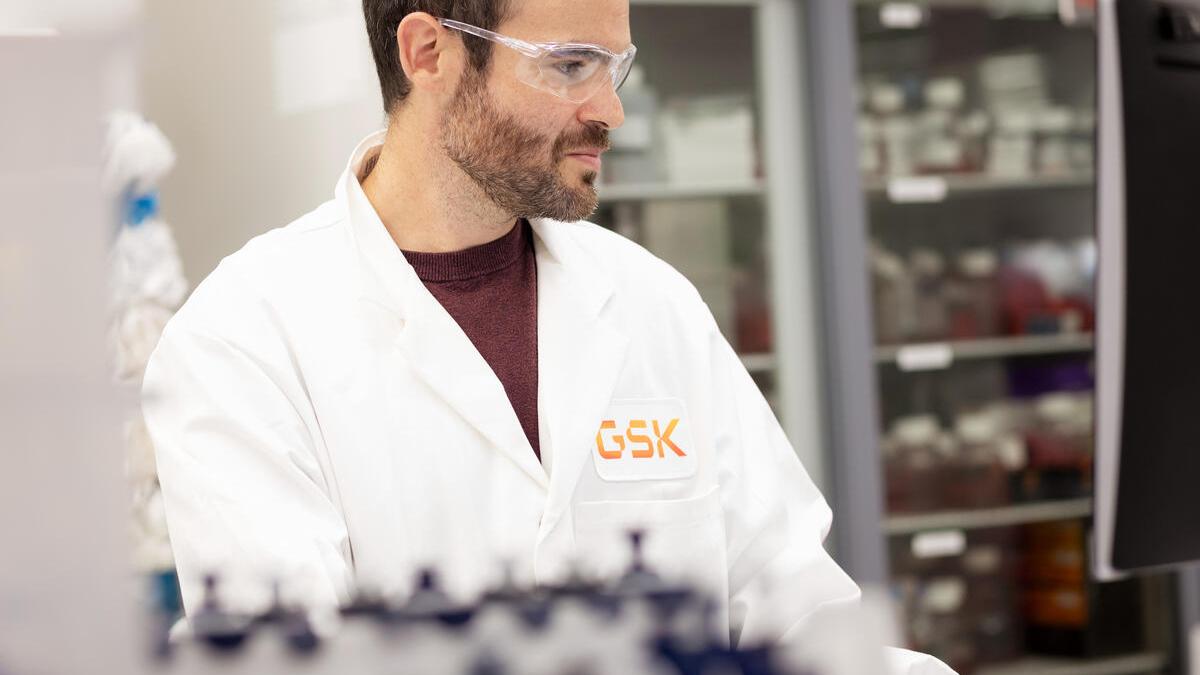GSK licenses TB vaccine to Bill and Melinda Gates Institute

GlaxoSmithKline has licensed its potential tuberculosis vaccine to the Bill and Melinda Gates Medical Research Institute, saying this is the best way for it to be developed for low-income countries where the disease is prevalent.
There is no approved vaccine for preventing pulmonary TB disease in adults, who accounted for 89% of people who fell ill with the disease in 2018.
The vaccine known as M72/AS01E showed potential to reduce active TB by half in adults with latent infection in a phase 2b trial.
Developing a new TB vaccine is a key step towards ending the epidemic and is one of the United Nations Sustainable Development Goals.
The live attenuated vaccine, Bacille Calmette-Guerin (BCG), has been in use for nearly a century, and while it is effective in preventing severe TB disease in infants and young children, it provides limited protection against pulmonary TB in adolescents and adults.
The Gates institute will lead vaccine candidate development and sponsor future clinical trials, while GSK will provide the AS01 adjuvant for the development programme.
The M72/AS01E vaccine candidate contains the M72 recombinant fusion protein, derived from two Mycobacterium tuberculosis antigens (Mtb32A and Mtb39A), combined with the adjuvant AS01.
It was developed by GSK and the non-profit organisation, the International AIDS Vaccine Initiative (IAVI).
Funding for research which uncovered the potential of M72 was provided by the United Kingdom’s Department for International Development (DFID), the Directorate-General for International Cooperation (DGIS) in the Netherlands, the Australian Department for Foreign Affairs and Trade (DFAT), the European Commission and the Bill & Melinda Gates Foundation.
Philip Thomson, president of global affairs at GSK, said: “Today’s new agreement signals a new and exciting phase in our efforts to improve global public health through medical innovation.
“For us, this type of alliance means we can take a more sustainable approach to global health, focussing our efforts and expertise on science and research, while partnering with others to ensure their development and delivery.”













